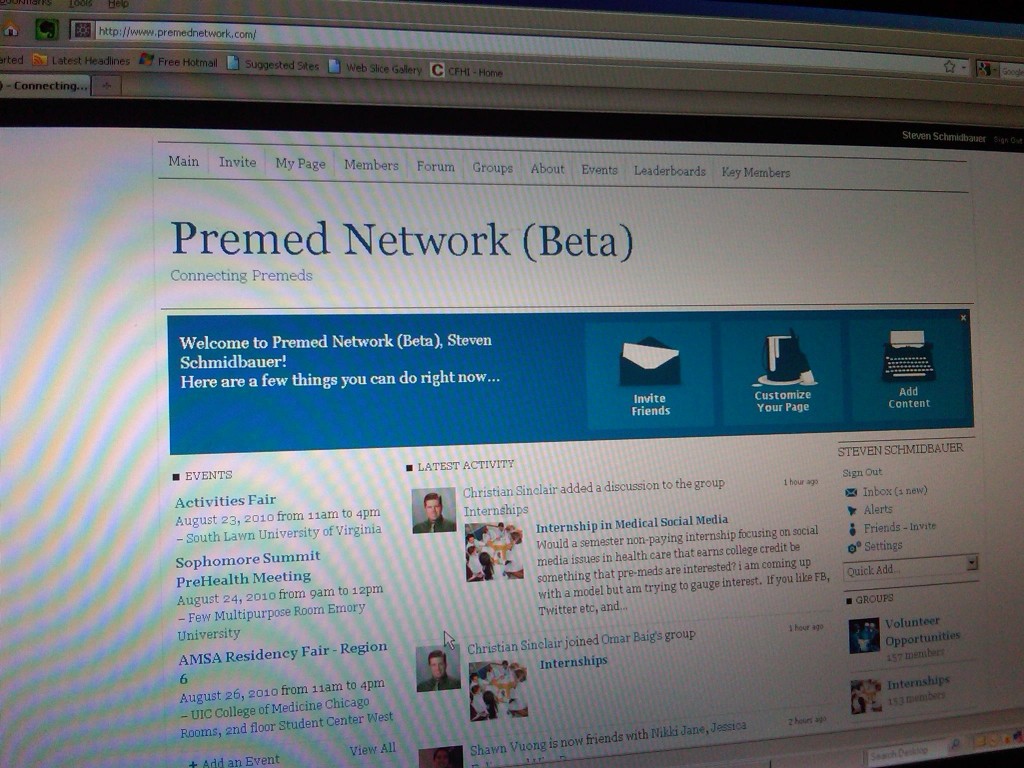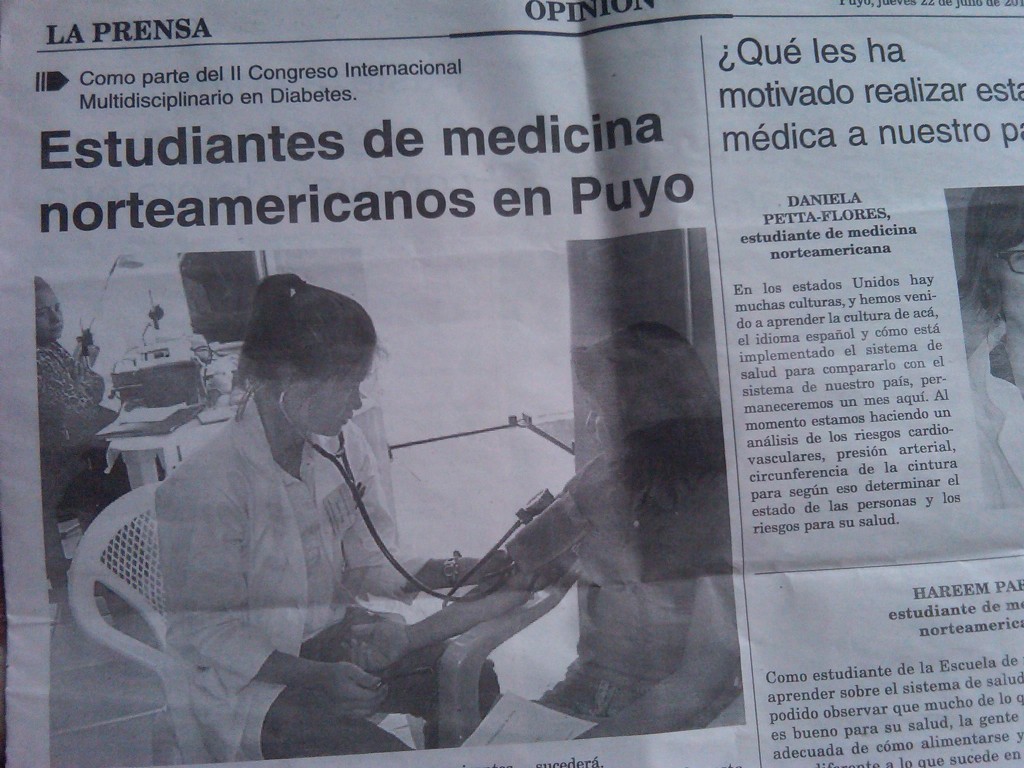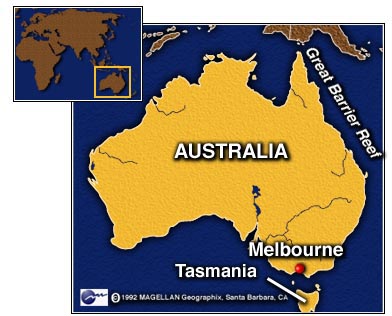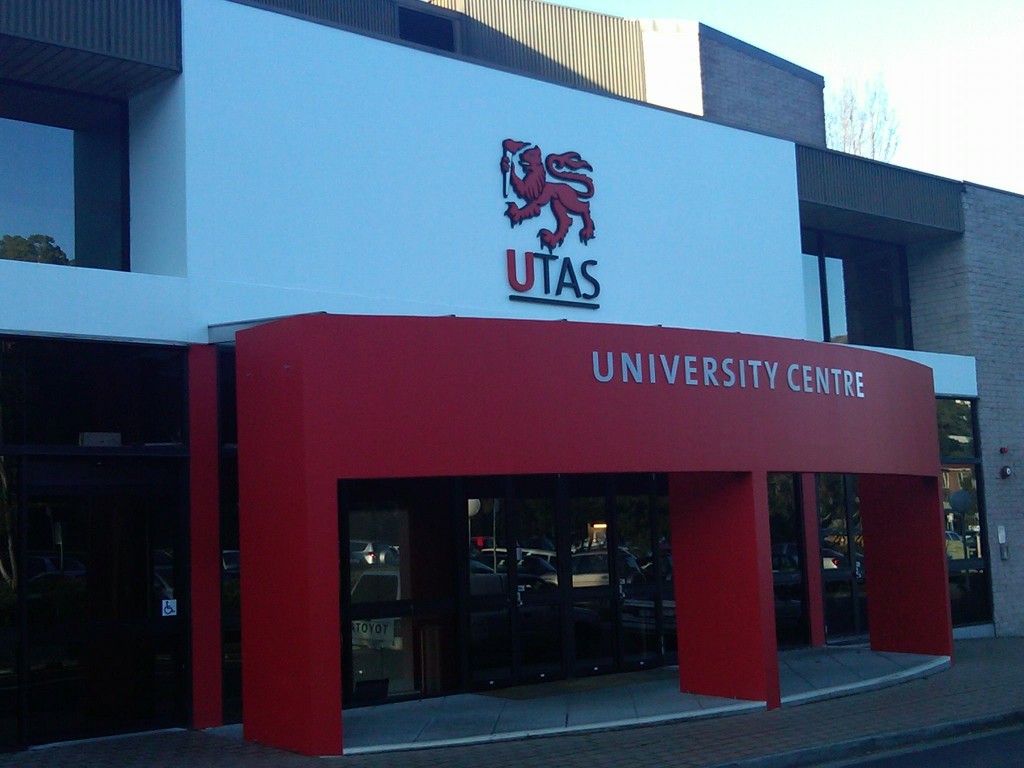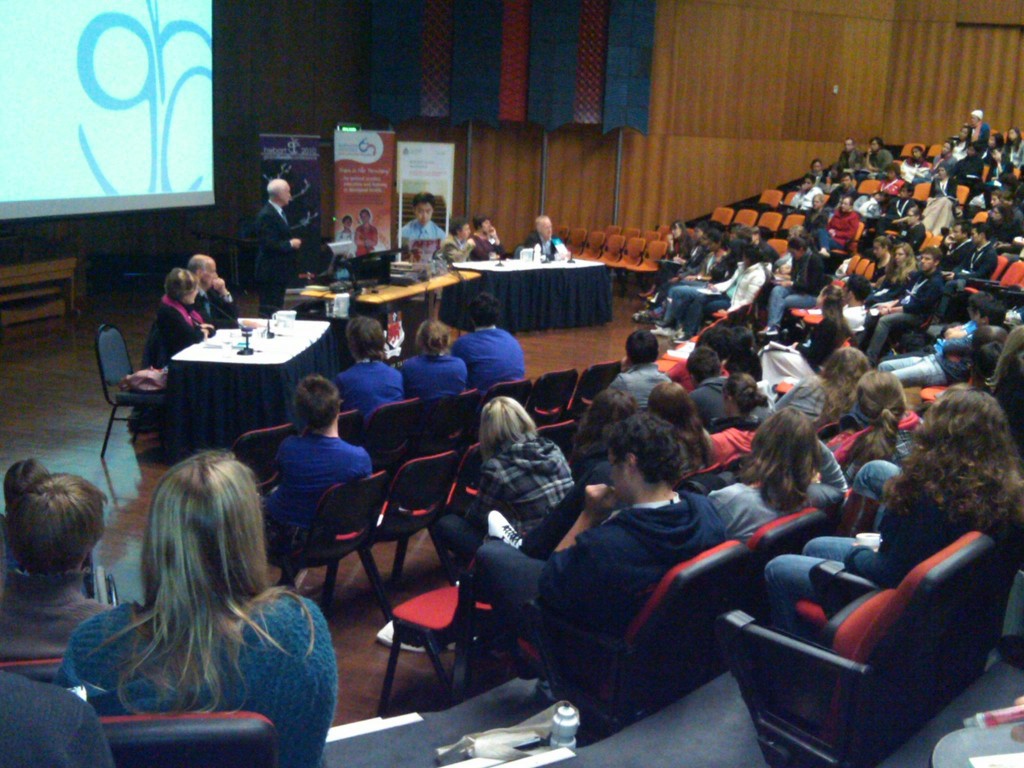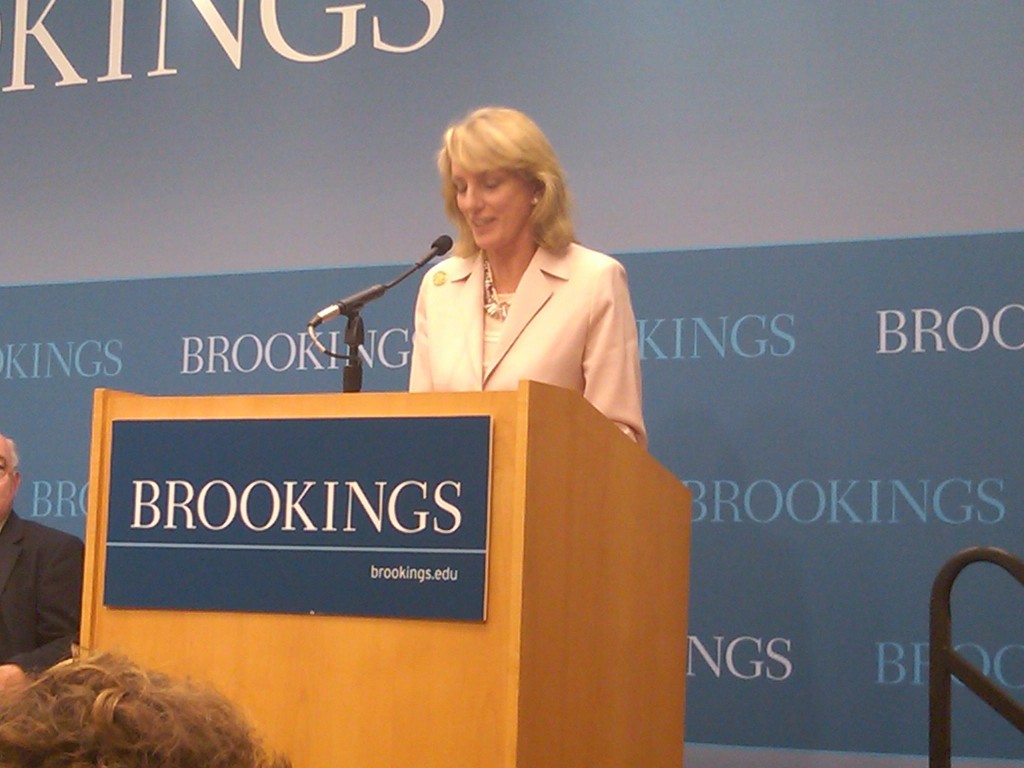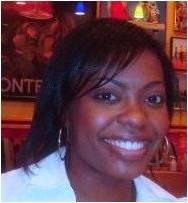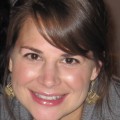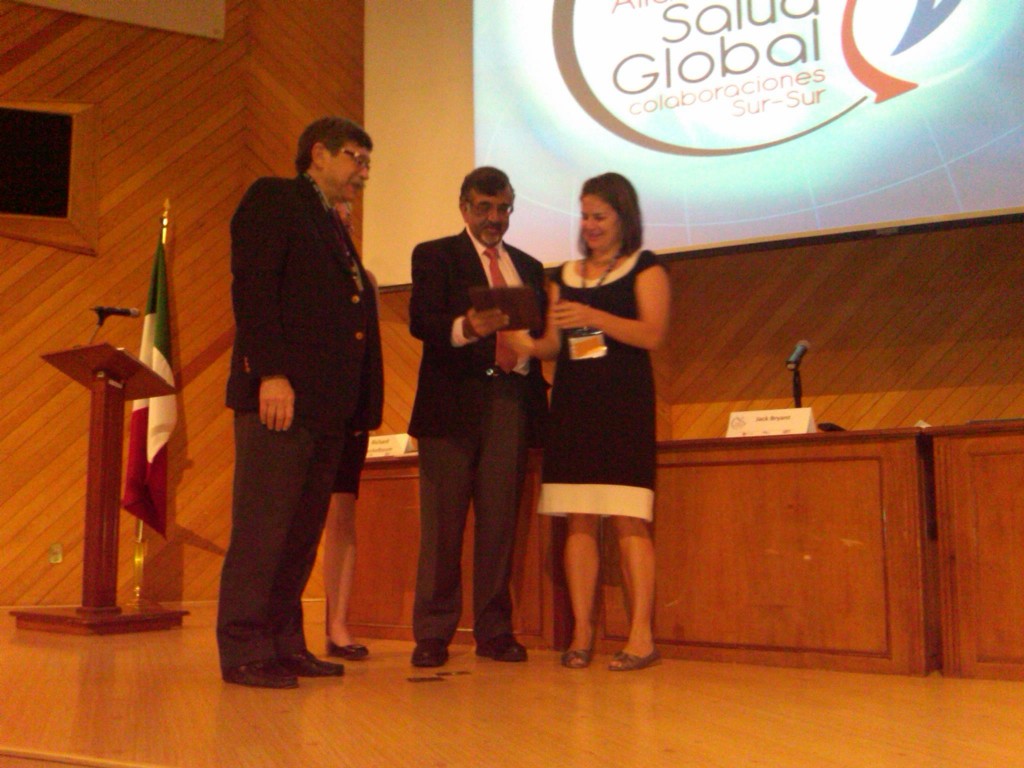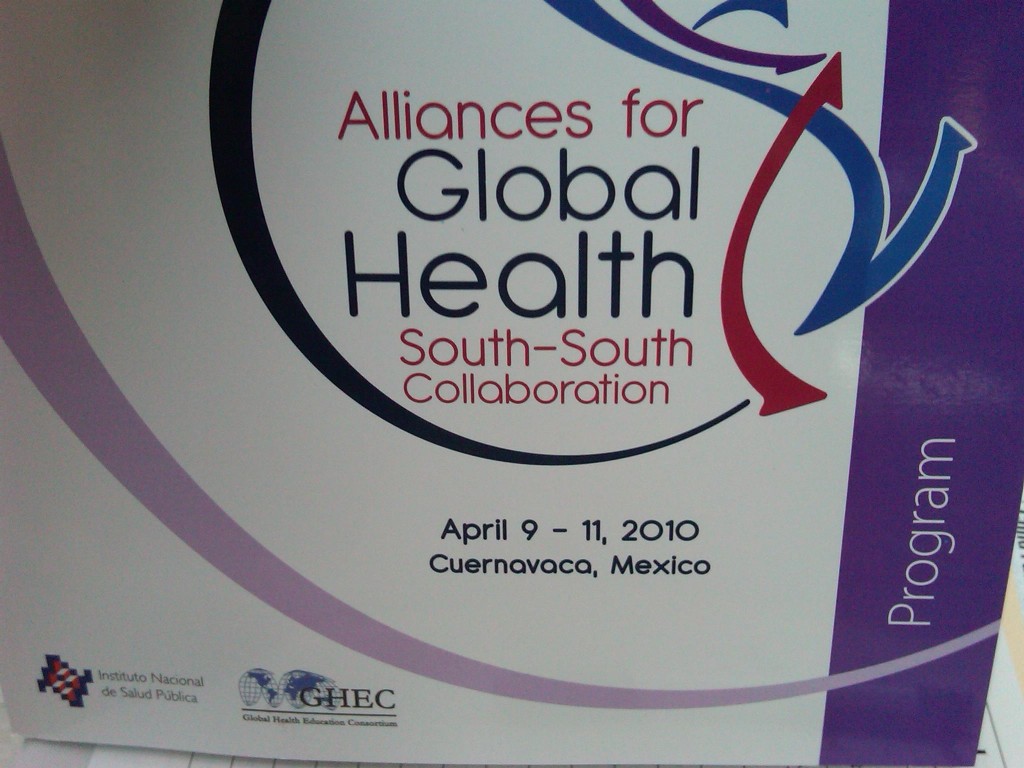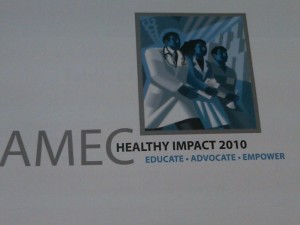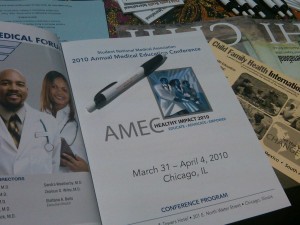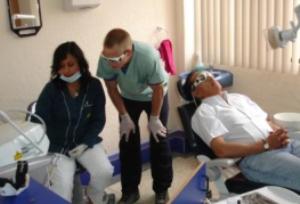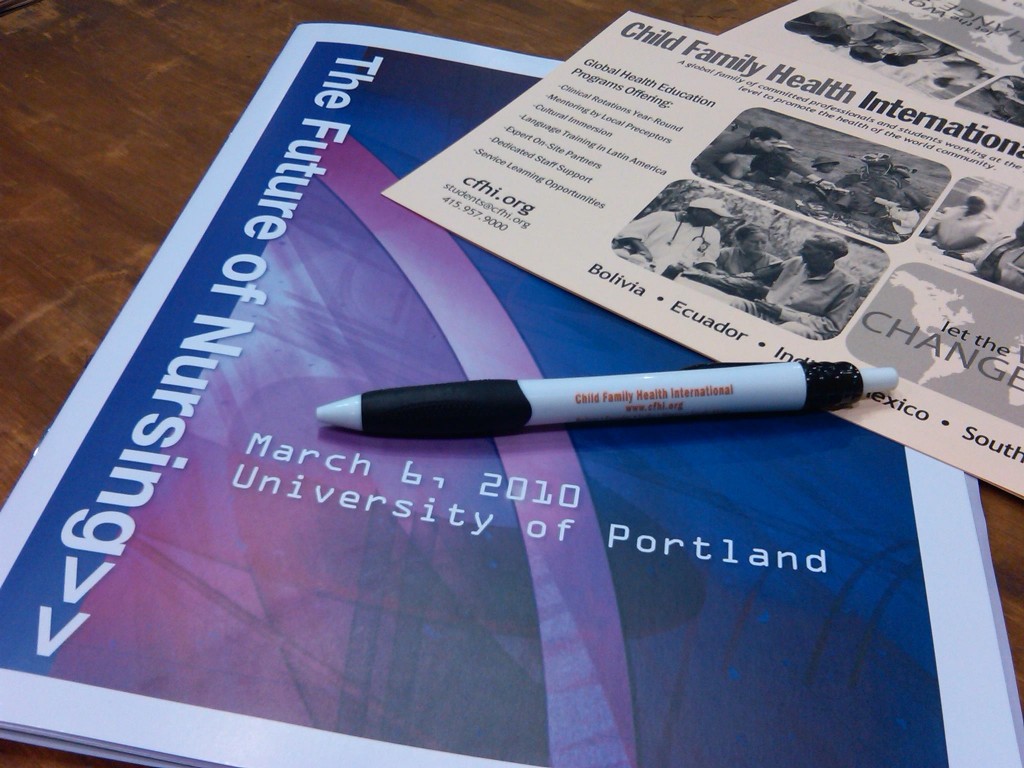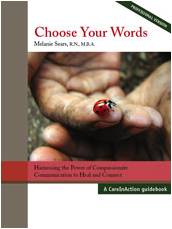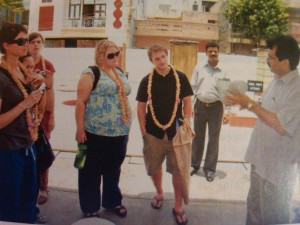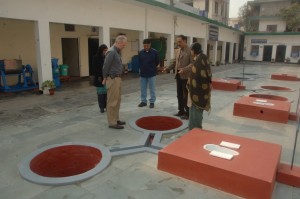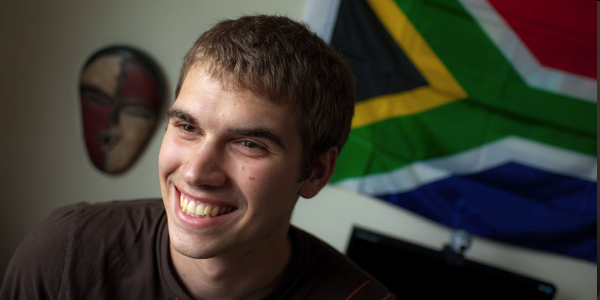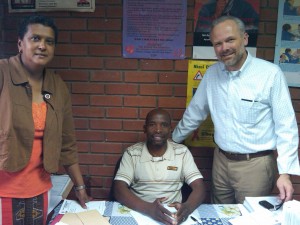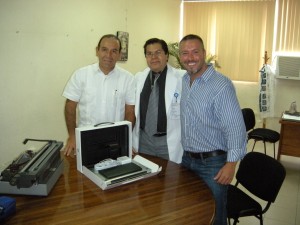During a program visit to South Africa, I continue to be amazed by the dedication, commitment, and resourcefulness of the healthcare workers. I find examples everywhere I go –this one, I wasn’t ready for:
With HIV rates among the highest in the world, you’d think there may be no higher priority in South African health services than addressing this disease and working to prevent it. Meet the new menace, “Tik.”
Dr. Adam has been head of G. F. Jooste Hospital for a little more than a year and in his short tenure, he has witnessed an explosion of drug use in the surrounding community that at times has crippled the functioning of this district hospital. These are the Cape Flats, just ten minutes from the beautiful city center of Cape Town, and there is a real fight here to stop this menace from spreading. The drug is crystal meth, and the impact is devastating. Dr. Adam has had a long and distinguished career as a practicing physician and in more recent years, adding a degree in public health, he has been the doctor/administrator at various facilities in South Africa but he has never seen anything quite like this. They thought they had a challenge seeing 40 or 50 patients per month in the ER who were out of control, high, and totally unpredictable, but now these patients number more than 180 per month, and this is in addition to all other patients seen in the facility. The psychiatric effects of tik (which gets its name from the noise made when the crystalline structure is heated) are severe, and Dr. Adam explains that the ER is not a psychiatric ward. Instead of adding medical equipment, they have been forced to add bullet-proof glass and a metal detector to the entrance area. Patients can arrive in a wild state, combative, and completely noncompliant. “The only choice we have is to sedate them until they calm down and we can begin to help them,” Dr. Adam says, noting that recently one female doctor had to be rescued from underneath a male patient who simply jumped on top of her. This 184-bed hospital is already stretched beyond capacity most every day, and sees 4,500 patients in its emergency room every month. But the evidence suggests things may get even worse. In today’s edition of the Cape Times newspaper, a story by Anso Thom reports that “Tik is the most commonly abused recreational drug in Cape Town…,” and that a new study shows one in ten pregnant women are using tik.
“Tik is holding us hostage in this hospital,” proclaims Dr. Adam. But he is not sitting still. He has formed strong alliances with neighborhood and community groups to help coordinate a positive response from within the community to reclaim its streets and build a network of neighborhood watch and support. He opens the hospital auditorium on Saturdays for community meetings and to provide a safe place for children to come for organized activities. He is most proud of getting approval and funding for an outpatient substance abuse program that will begin very soon. The relentless cycle of treating patients, releasing them, only to have them return in a worse state in only a few days can finally be stopped. Armed with a psychiatrist, an addiction recovery expert, and a local public health masters student to document the progress, Dr. Adam is putting together a team that will take a stand against the menace. Dr. Adam knows that the only way to really fight this new epidemic is to break the cycle of addiction. A holistic approach will aim to help strengthen the family unit as well as the patient. Strengthening the community by strengthening individual families is a plan for wellness in the face of an almost hopeless situation.
“We’ve got to start somewhere,” says Dr. Adam. Reflecting on the toll it has taken on his hospital, Dr. Adam says it would be tempting to say that the hospital is simply not equipped to treat these patients and send them elsewhere. But there is really nowhere else, and Dr. Adam is not the kind of person who could turn a blind eye to a problem like this. You can sense the conviction and commitment in his voice as he says, “Our core business is the health of the community.”

